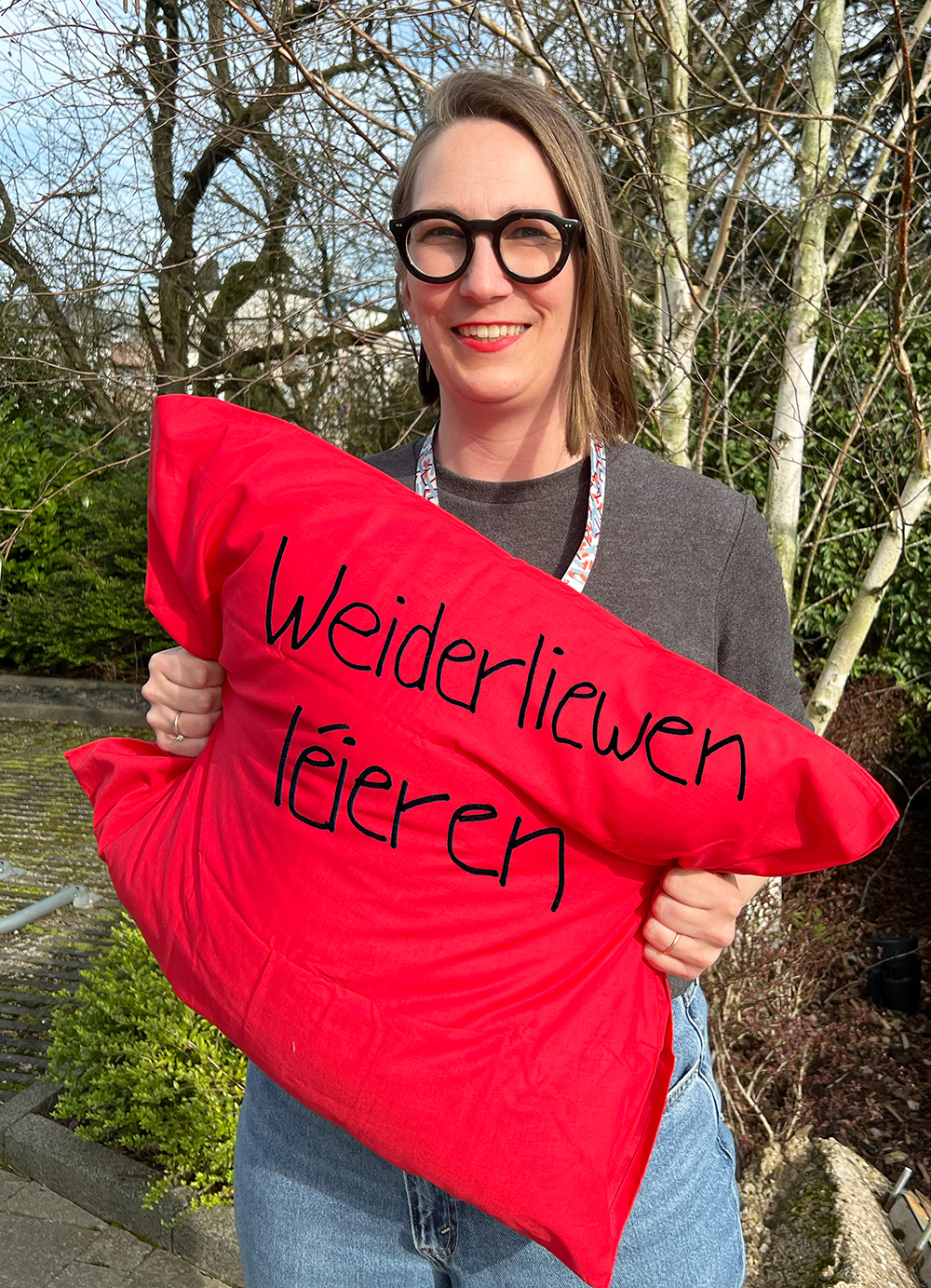
After working as a nurse in Switzerland for several years, I became involved in the Luxembourg Parkinson's Study in 2015. Initially, I assessed the control participants at the Luxembourg Institute of Health, but later I moved to the CHL to work directly with the study patients. In parallel, I continued to study nursing in German and decided to focus my master's thesis on the stigma experienced by people with Parkinson's disease within the Luxembourg cohort. I then decided to focus more on my own research and started a PhD project focusing on maintaining mobility in people with Parkinson's disease, a research priority we had identified through a survey of people with Parkinson's disease, their carers and healthcare professionals.
However, with the onset of the pandemic, my project took a back seat for a few months as I wanted to help the country deal with this unprecedented challenge. As time went on, I was able to focus more and more on my research, starting with the development of a mobility measurement tool that focused on assessing how people perceived their mobility in everyday life. Using this tool, we then tried to identify factors that would help maintain good mobility and found that these were quite different between men and women with PD. Recognising the individual differences, particularly between the sexes, I have now moved on to interviewing people with unexpectedly good mobility to correlate their experiences with the genetic and clinical data collected in the Luxembourg Parkinson's Study. From there, I hope to identify practical strategies to improve the mobility and quality of daily life of people living with the disease.




